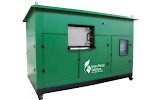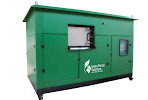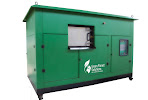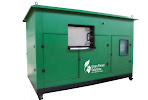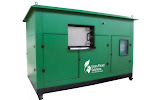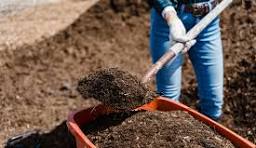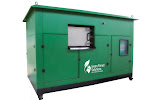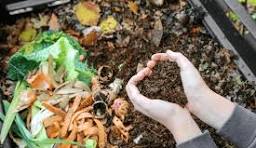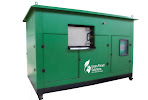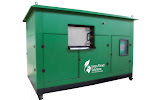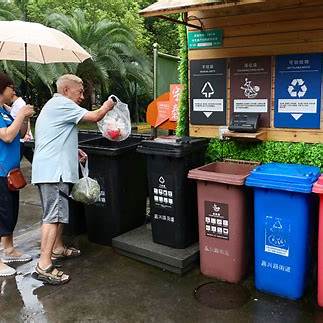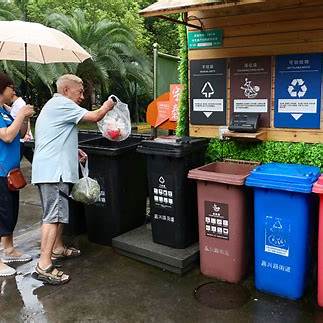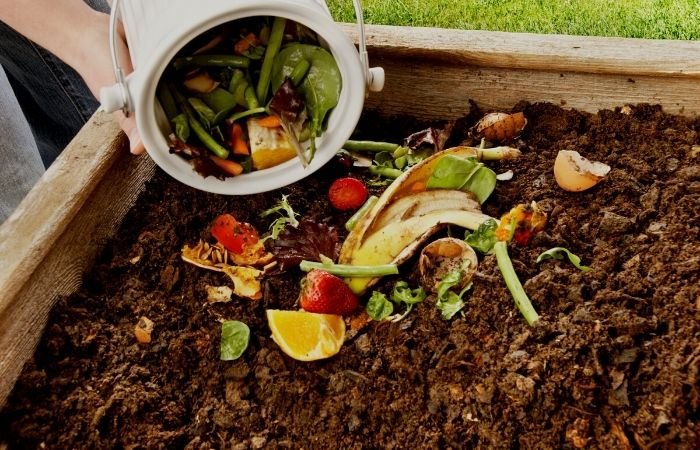ENQUIRE NOW FOR BEST COMPOSTING MACHINES IN INDIA –https://share.hsforms.com/1d12AT_oJScm8iiXbjSrEIwrh2r7
Cloud kitchens are booming across Dubai, Sharjah, and Abu Dhabi—but they’re also facing rising waste management costs, strict municipal regulations, and sustainability expectations. With new environmental policies, the pressure to manage food waste responsibly is higher than ever.
This is why UAE cloud kitchen waste composting is becoming one of the smartest, most cost-effective strategies for modern F&B brands.
On-site composting isn’t just an eco-step—it’s a powerful way to cut waste bills, avoid penalties, and build a stronger brand reputation.
At Green Planet Solutions Pune, we help UAE cloud kitchens deploy automated, odor-free, high-efficiency composting machines designed for daily food waste loads.
ENQUIRE NOW FOR BEST COMPOSTING MACHINES IN INDIA –https://share.hsforms.com/1d12AT_oJScm8iiXbjSrEIwrh2r7
🌍 1. The Waste Challenge Faced by UAE Cloud Kitchens
UAE cloud kitchens generate large volumes of:
- Vegetable scraps
- Expired ingredients
- Food prep waste
- Packaging waste contaminated with food
- Leftovers from bulk cooking
The UAE is already one of the world’s highest food waste generators. Municipalities are tightening rules, and cloud kitchens now face:
- Higher waste pickup charges
- Mandatory segregation requirements
- Stricter hygiene checks
- Potential fines for improper disposal
This is why UAE cloud kitchen waste composting is becoming a business necessity.
🔥 2. Why On-Site Composting Is the Best Solution for Cloud Kitchens
Smart composters convert organic waste into compost in 24 hours to 7 days.
They are:
- Compact
- Automated
- Odor-controlled
- Safe for indoor installation
- Energy-efficient
- Compliant with UAE waste rules
With on-site composting, kitchens avoid the constant flow of wet waste, which attracts pests, creates odors, and increases disposal costs.
ENQUIRE NOW FOR BEST COMPOSTING MACHINES IN INDIA –https://share.hsforms.com/1d12AT_oJScm8iiXbjSrEIwrh2r7
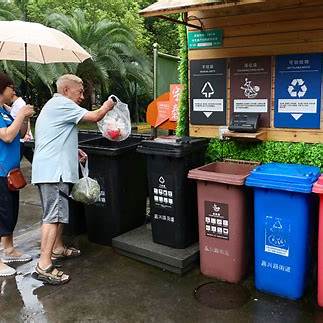
💰 3. How Smart Composting Cuts Costs for UAE Cloud Kitchens
Cloud kitchens in Dubai and Sharjah can save 40–60% of monthly waste expenses by implementing on-site composters.
Here’s how UAE cloud kitchen waste composting reduces costs:
✔ Reduced waste collection fees
✔ No more charges for heavy wet waste bins
✔ Low labor cost for waste handling
✔ No pest or odor control product costs
✔ Reduced hygiene management costs
✔ Lower risk of fines and penalties
For cloud kitchens handling 50–300 kg/day, the savings become significant—every single month.
🧪 4. What Makes On-Site Composting Perfect for Cloud Kitchens?
Cloud kitchens need compact, fast, reliable solutions.
Smart composters offer:
🌱 Odorless processing
Carbon filters + aeration technology ensure no smell.
⚡ Fast decomposition
Waste becomes compost quickly.
♻ Hygienic, sealed processing
No open waste, no pests.
🔄 Automation
Minimal human effort.
🏢 Small footprint
Fits inside cloud kitchen areas.
This makes UAE cloud kitchen waste composting the ideal pairing for small and large F&B operators.
ENQUIRE NOW FOR BEST COMPOSTING MACHINES IN INDIA –https://share.hsforms.com/1d12AT_oJScm8iiXbjSrEIwrh2r7
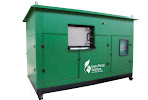
🏙️ 5. Compliance With UAE Waste Rules (2025 Update)
Municipalities in Dubai, Sharjah, and Abu Dhabi now require:
- Segregation of organic waste
- Measurable waste reports
- Sustainable waste handling practices
- Reduced landfill waste streams
Cloud kitchens without a waste plan may face:
- Fines
- Restricted operations
- Poor audit scores
- Delays in license renewals
On-site composting helps ensure 100% compliance effortlessly.
🖼️ 6. Suggested Images + ALT Attributes (With Keyphrase)
- Image Alt: UAE cloud kitchen waste composting machine
- Image Alt: UAE cloud kitchen waste composting process
- Image Alt: UAE cloud kitchen waste composting smart composter
- Image Alt: UAE cloud kitchen waste composting sustainability benefits
🏆 7. How Green Planet Solutions Pune Helps UAE Cloud Kitchens
We provide:
- Small, mid-sized, and large composting machines
- AI-based food waste monitoring
- Odor control technology
- Compliance documentation for UAE audits
- On-site installation + maintenance
- Walkthrough training for staff
Our systems are adopted by:
- Cloud kitchens (single & multi-brand)
- Delivery-focused F&B brands
- Catering kitchens
- Mall food courts
- Hypermarket kitchens
With Green Planet Solutions Pune, UAE cloud kitchen waste composting becomes simple, clean, and cost-effective.
🚀 8. The Results Cloud Kitchens Can Expect
✔ 40–60% reduction in waste bills
✔ Zero odor, zero pests
✔ No more wet waste storage
✔ Cleaner kitchens
✔ Better brand reputation
✔ Compliance with UAE sustainability goals
✔ Valuable compost for landscaping
This transformation directly boosts efficiency, hygiene, and profitability.
📣 Conclusion: Composting Is the Future for UAE Cloud Kitchens
Cloud kitchens are the future of the F&B industry—and composting is the future of waste management.
With rising waste fees, hygiene demands, and sustainability expectations, UAE cloud kitchen waste composting is now the smartest investment any food business can make.
Want to reduce waste bills and comply with UAE rules?
👉 Book a FREE consultation with Green Planet Solutions Pune
👉 Get a customized composting solution for your cloud kitchen
👉 Ask for a demo of our Smart Composting Machines
👉 Start saving 40–60% on waste costs today
UAE cloud kitchen waste composting, cloud kitchen composting UAE, UAE food waste solutions, on-site composting machine UAE, cloud kitchen waste Dubai, Sharjah cloud kitchen waste, green composting UAE, smart composter UAE, organic waste UAE, F&B waste management UAE
#CloudKitchenUAE #UAEWasteManagement #FoodWasteSolutions #SmartComposting #GreenPlanetSolutions #ZeroWasteUAE #DubaiKitchens #SharjahWasteManagement #SustainableFNB #KitchenWasteSolutions #EcoFriendlyUAE #WasteToCompost
